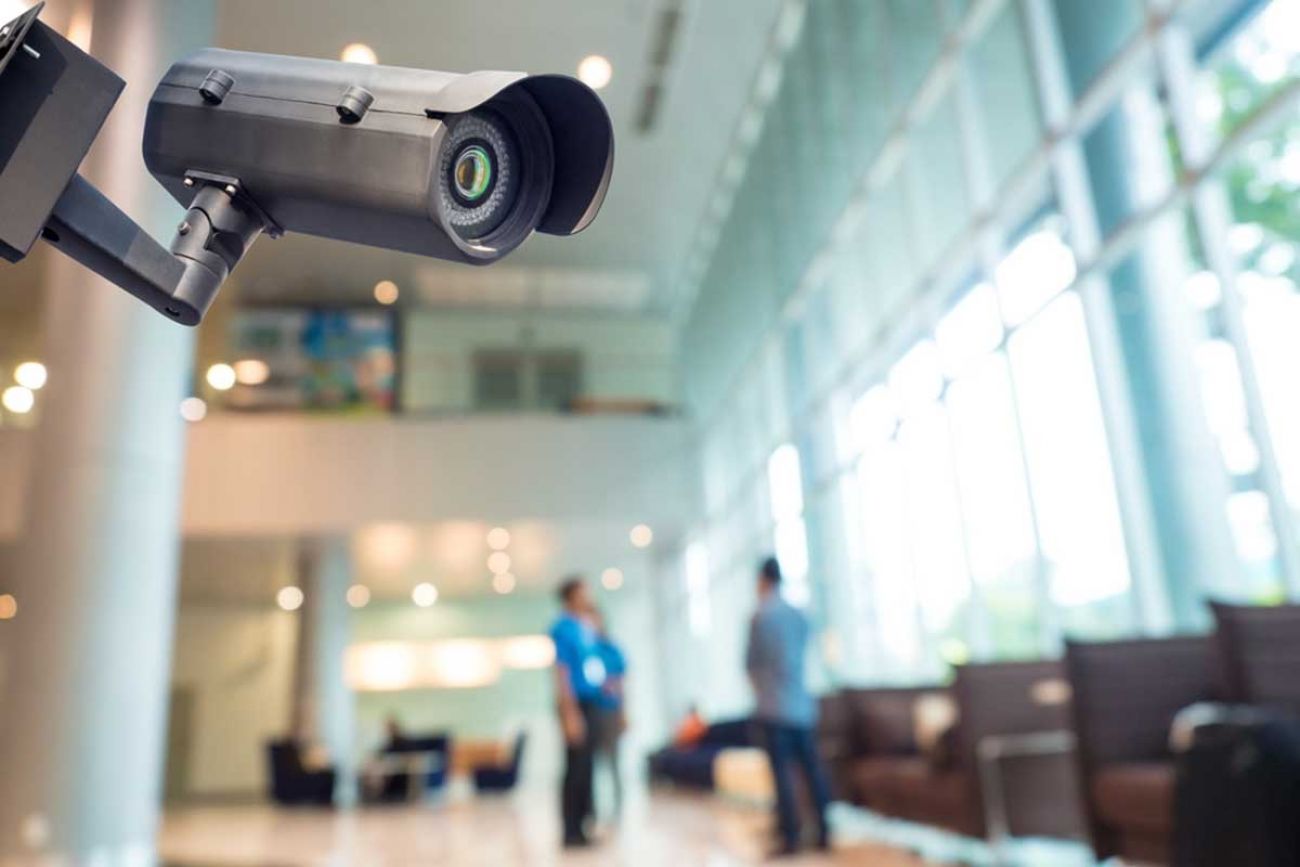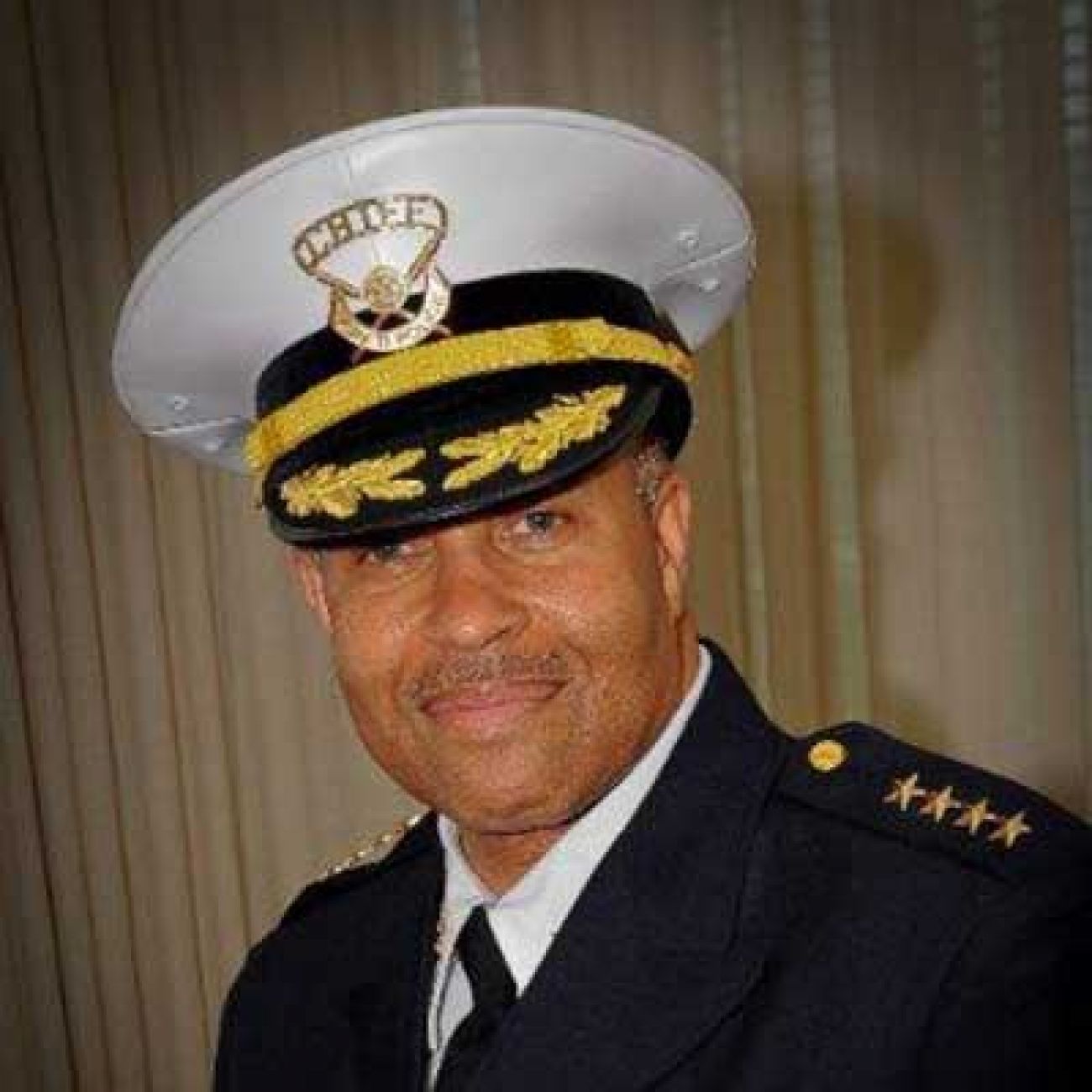Detroit is violent. But is constant video surveillance the answer?

Sept. 2019: Detroit Police opt for safety over privacy, as facial recognition approved
Renshon Owensby considers herself one of the “good, law-abiding folks” who’s OK with giving up some privacy for security.
So she wasn’t bothered this week when a camera recorded her pumping gas at a station on Detroit’s west side and fed the footage to police in a city that has been plagued by violent crime for decades.
“Honestly, I thank God for the cameras,” the 42-year-old Detroiter said.
But what if the cameras were mandatory for every business open at night? And what if they captured footage of everyone – from the innocent to the guilty and everyone in between – for a constant feed watched over by police? Owensby paused.
“Why are they only doing this in Detroit? There’s crime everywhere you go” she asked Bridge Magazine.
“I think that’s invading a whole lot of privacy. I don’t want to be on camera everywhere.”
The ambivalence encapsulates a debate sparked last week when Detroit Mayor Mike Duggan said he wants to make a voluntary surveillance program – known as Project Green Light Detroit – mandatory for all businesses open after 10 p.m.
Many business owners say they like the program, but some argue making it mandatory constitutes an unfair tax for equipment that can cost as much as $8,000 in addition to monthly maintenance fees.
The discussion is expected to be long, heated and spill over into next year.
“This is a marathon, not a sprint,” said City Councilman Andre Spivey, who initially introduced the idea in 2013.
MORE COVERAGE: Is Detroit coming back? It depends on the neighborhood.
He said he likely will propose a new ordinance by summer, but the council probably won’t vote until next year. City officials need “to hear all voices, from communities that have (Project Green Light), and communities that don’t,” he said.
Since 2016, about 230 businesses (from gas stations to churches) have signed up for the program that requires them to install bright green lights and high-definition cameras that are monitored live by police. In the past year, crime within 350 feet of those businesses dropped 11 percent, police data show.

“It is not the perfect solution to any crime, but it has deterred some crime and we have solved some crime with it,” Spivey said. “It’s one tool we can give the Police Department to help them.”
Civil liberty groups already are sounding alarms.
The ACLU has formed a committee to study the issue. It’s led by Detroit attorney Eric Williams, who said Duggan’s expansion “raises serious constitutional concerns” about “constant, intrusive surveillance without a warrant.”
“I grew up in Detroit; I live here. I understand the importance of making the city safer,” Williams wrote to Bridge in an email. “But putting all the Detroiters under the high definition eye of the government is not the answer.”
Williams listed a host of worries: The system creates a “pay to play” for police response; has the potential for adding facial recognition software; lacks civilian oversight and internal controls; and it comes without any public debate about awarding of contracts for the program to two companies, cable giant Comcast and Rocket Fiber, a fiber-optic company affiliated with Quicken Loans.
Other experts said cameras don’t pose any constitutional problems.
Crime down in Detroit
Detroit Mayor Mike Duggan this month announced decreases in the raw numbers of the following crimes from 2016 to 2017:
Violent crimes: 7%, from 12,936 to 12,038
Property offenses, including car theft and burglary: 9%, from 32,421 to 29,602
Homicides: 12%, from 305 to 267
Non-fatal shootings: 12%, from 957 to 842
Carjackings: 20%, from 381 to 303
Source: City of Detroit
“You’re out in public, you don’t have a reasonable expectation of privacy when you’re out in public,” said Robert Sedler, a constitutional law professor at Wayne State University.
“It’s a law enforcement regulation and it’s reasonable,” he added. “The companies are doing business here and sometimes regulations cost money.”
Greenlight crime stats
The debate is raging in large part because Detroit is so violent.
In September, the city was deemed the most dangerous in the nation, according to FBI statistics, prompting Police Chief James Craig to quibble with the methodology and argue that Detroit actually had the nation’s second-highest violent crime rate.
Like much of the nation, violent crime has trended down in Detroit in recent years, progress Duggan touted at a press event this month. Duggan said Detroit last year had 267 murders, the fewest since 1966, when it had 214.
The mayor didn’t mention that the city’s population then was 1.5 million – or nearly 900,000 more than today.

Duggan attributed the decline to four strategies, including increased cooperation with other law enforcement and Project Green Light. Two of the most high-profile cases that Detroit police solved with the help of the footage involved a cowgirl and gun-toting twins.
In 2016, a woman dressed in western garb was caught on video at a gas station firing a gun into a car at a gas station on the city’s west side. She was caught and sentenced to 10 to 20 years for assault with intent to murder and 2 to 5 years on weapons charges.
In December, police released footage of twins who opened fire at a gas station, shooting a man in the thigh. Both men are in police custody after the second twin turned himself in.
Craig praised Project Green Light this week on a local television program, saying he expects the voluntary businesses in the program to increase to 400 by the end of the year.
“This is about keeping our community safe, this is not about adding additional costs,” Craig said on WDIV on Jan. 7
As part of the video surveillance program, police make “special attention” stops at Project Green Light sites. Last year, Project Green Light businesses saw 40,471 visits from officers, police data show.
The city says 911 response times to Green Light businesses average 14 minutes. The average citywide is about 14 ½ minutes, according to Detroit records.

MORE COVERAGE: Detroit police improve response times. But not all neighborhoods are equal.
A case for subsidies?
When the program began, the city initially sought late-night establishments such as Coney Island restaurants, liquor stores and gas stations to participate in Project Green Light. But a mandate may also mean businesses such as pharmacies, taxi services, tow yards and hospitals would have to buy in.
Martin Manna, president of the Chaldean American Chamber of Commerce, praised the program, but said some owners fear the costs are too high.
He argued the city should offer subsidies to long-time grocers – especially since it coordinated $5.8 million in public subsidies and private grants to persuade Whole Foods to open a store in Midtown in 2013.
“All of the (store owners) would agree that lower crime and better police response time will in the end help their business. Everybody wins,” Manna said. “The best way to do that is to subsidize or support the businesses. I don’t think that is a difficult task.”
Martin Kajy uses the program for his liquor store on the city’s west side. He said he and his customers love it because police stop by every day.
“I consider it like having a security guard monitoring my property, but it’s the police,” he said.
But Kajy wonders if the special attention from police will dwindle if the program is expanded.
“How many more police officers will they need to have?” he said. “That’s my concern.”
See what new members are saying about why they donated to Bridge Michigan:
- “In order for this information to be accurate and unbiased it must be underwritten by its readers, not by special interests.” - Larry S.
- “Not many other media sources report on the topics Bridge does.” - Susan B.
- “Your journalism is outstanding and rare these days.” - Mark S.
If you want to ensure the future of nonpartisan, nonprofit Michigan journalism, please become a member today. You, too, will be asked why you donated and maybe we'll feature your quote next time!

